Copyright 2020 - 2021 irantour.tours all right reserved
Designed by Behsazanhost
Ramadan, The Holy Month
Ramadan, The Holy Month
Millions of Muslims around the world mark the start of Ramadan - a month of intense prayer, dawn-to-dusk fasting, and nightly feasts. Let's know more about Ramadan. Historic roots: fasting is a common ritual practiced by most religions and was known in pre-Islamic Arabia. There were several Gnostic sects, Christian and Manichean missionaries that practiced fasting and were present in Arabia at the time of Prophet Muhammad. Muslim fasting was originally based on the Jewish tradition. In the Quran, the crossing of the Red Sea by the Jewish exodus from Egypt is called 'furghan' meaning salvation. Each year Jews commemorate this furghan at Passover. However, the fasting occurs on Yom Kippur, another Jewish holy day when the entire day is dedicated to praying and other religious observances. Since food cannot be consumed during the prayers, fasting is observed until the rituals are over. This is called the Day of Atonement by the Jews and happens on the tenth of the Jewish month Tishri. After the Prophet's migration to Medina, influenced by the Jewish tradition, the Muslim fasting happened at Passover mixing this day and Yom Kippur together. The fasting was established for the day of 'Ashura'--the tenth day of Muharram. However, after the decisive and unexpected victory at the battle of Badr, the Prophet declared that the fast at Passover was no longer obligatory for Muslims. Instead, they were required to fast only during Ramadan to commemorate their own furghan of Badr. The fast of Ramadan was observed for the first time in 625 AD and became one of the essential practices of Islam and a must for all Muslims.
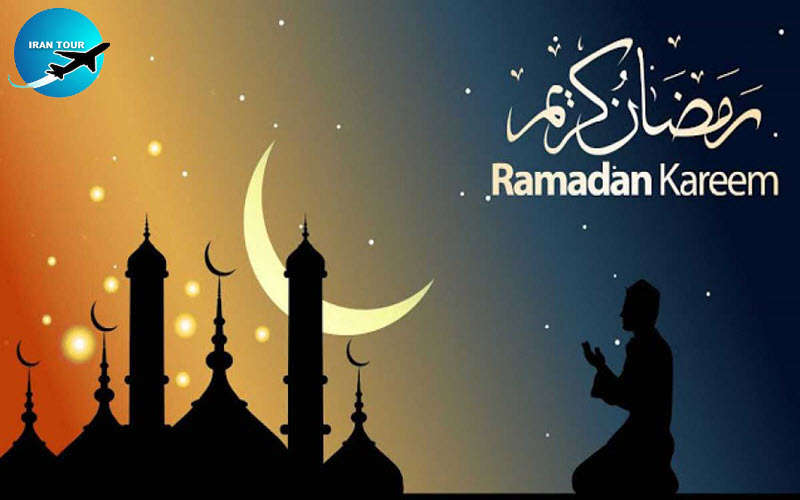 |
Why do Muslims fast?
The fast is intended to bring the faithful closer to God and to remind them of the suffering of those less fortunate. Muslims often donate to charities during the month and feed the hungry. Fasting is an exercise in self-restraint. It's seen as a way to physically and spiritually detoxify. Ramadan is a time to detach from worldly pleasures and focus on one's prayers.
How do Muslims fast?
Observant Muslims abstain from eating and drinking from dawn to dusk for the entire month of Ramadan, with a single sip of water or a puff of a cigarette considered enough to invalidate the fast. Muslim scholars say it's not enough to just avoid food and drinks during the day, though. Spouses must abstain from sexual intercourse during the day, and Muslims should not engage in road rage, cursing, fighting, or gossiping. To prepare for the fast, Muslims eat what is commonly called "suhoor," a pre-dawn meal of power foods to get them through the day.
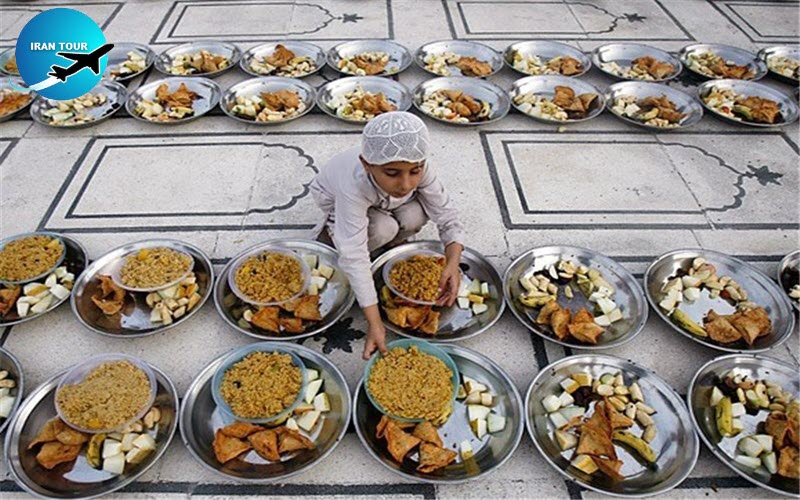 |
| Free Food at Ramadan |
How do Muslims break their fast?
Muslims traditionally break their fast as the Prophet Muhammad did some 1,400 years ago, with a sip of water and some dates at sunset. That first sip of water is by far the most anticipated moment of the day. After a sunset prayer, a large feast known as "iftar" is shared with family and friends. Iftar is a social event as much as it is a gastronomical adventure.
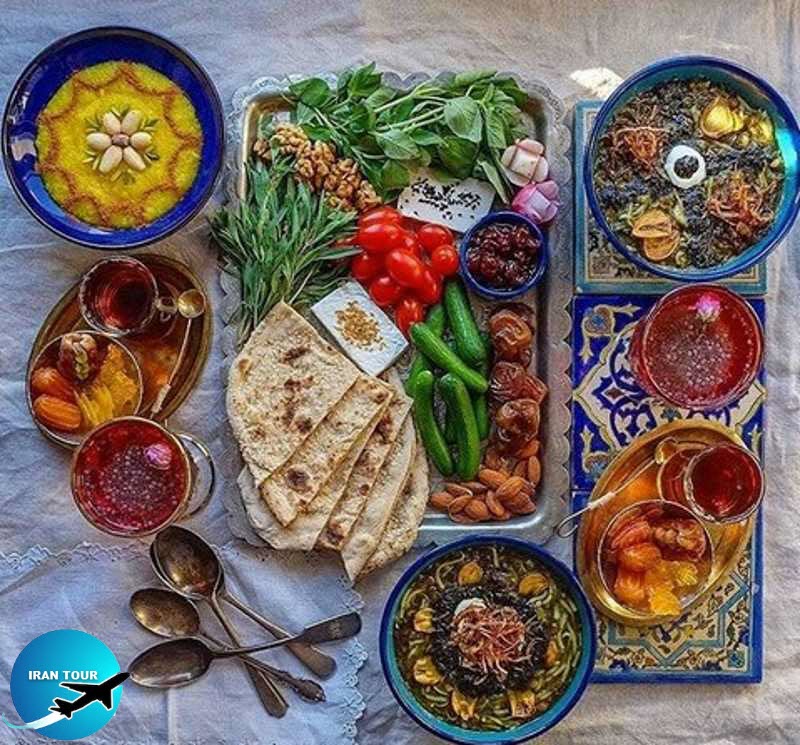 |
Can Muslims be exempted from fasting?
Yes. There are exceptions for children, the elderly, the sick, women who are pregnant or menstruating, and people traveling, which could include athletes during tournaments.
What are some Ramadan traditions?
Typically, the start of the month is welcomed with greetings such as "Ramadan Mubarak!" Another hallmark of Ramadan is nightly prayer at the mosque among Sunni Muslims called "taraweeh." In Egypt, a common sight during Ramadan is a lantern called the "Fanoos," which is often the centerpiece at an iftar table and can be seen hanging in window shops and balconies. In the Arabian Gulf countries, wealthy sheikhs hold "majlises" where they open their doors for people to pass by at all hours of the night for food, tea, coffee, and conversation. Increasingly common are Ramadan tents in five-star hotels that offer lavish and pricey meals from sunset to sunrise.
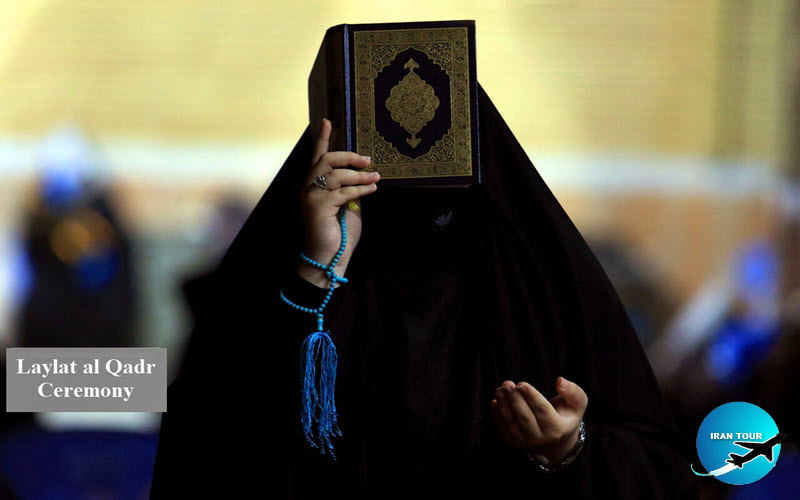 |
Laylat al Qadr
Laylat al-Qadr a special night of prayer occurs on the night when the first revelation of the Quran took place. There is no agreement about its exact date, but Sunnis generally observe Laylat al Qadr (Night of Power, or Decree) on the 27th night of Ramadan. The Quran describes the Laylat al-Qadr as "better than a thousand months," the night in which "angels and the Spirit descend, by the leave of their Lord, and it is peace till the rising of dawn." Pious Muslims spend the better part of this night praying and reciting the Quran.
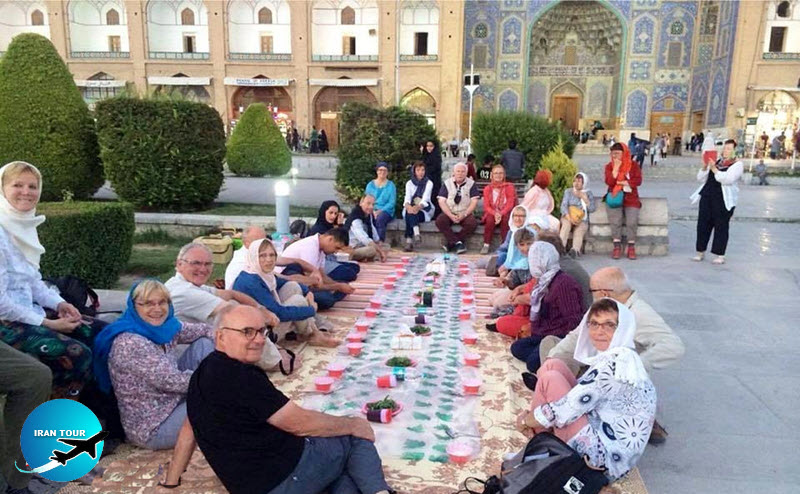 |
| Tourists in Isfahan at Ramadan month and Iftar Sofre |
Ramadan in Iran: (Feasts and city tours)
In Iran, during Ramadan, you can easily find feasts all around the big cities such as Tehran at the breakfast time which will continue late at night and welcome you with free Iftar (meals for breaking fast) and many joyful programs. There is many cultural, religious and Food showplace and exhibition which are very interesting to see. As you may know nightlife activities in Iran don't exist, but during Ramadan, many cinemas, entertainment, and shopping centers are open till Sahar (before dawn) and before Iftar, all the cinemas' thickets are half price. Also, many tour operators have a special discount rate for their domestic tours. One of the attractive Ramadan programs are city tours, planned by municipalities of cities like Tehran which are free and very amazing and even serve you in iftar time with a free meal.
How do Muslims mark the end of Ramadan?
Some devout Muslims go into reclusion in those final days, spending all of their time in the mosque. The end of Ramadan is celebrated by a three-day holiday (in some countries, this holiday is at least one day) called Eid e Fitr. Children often receive new clothes, gifts, and cash. Muslims attend early morning Eid prayers the day after Ramadan. Families usually spend the day at parks and are able to eat during the day.
- Details
- Category: IRAN Blog